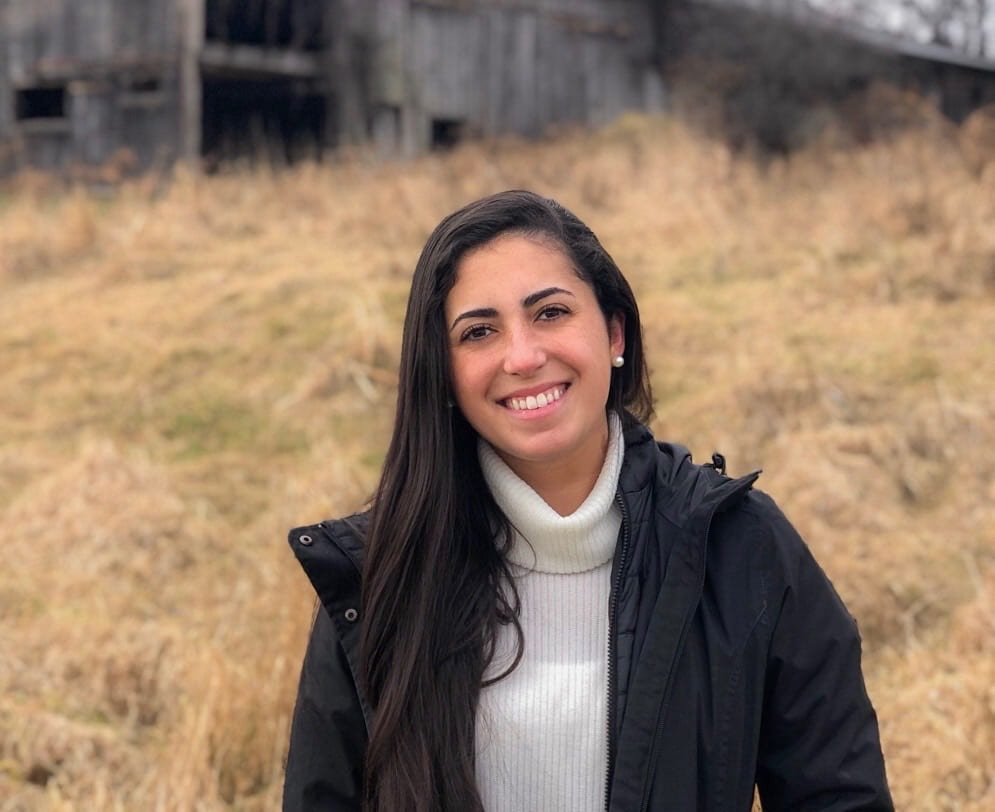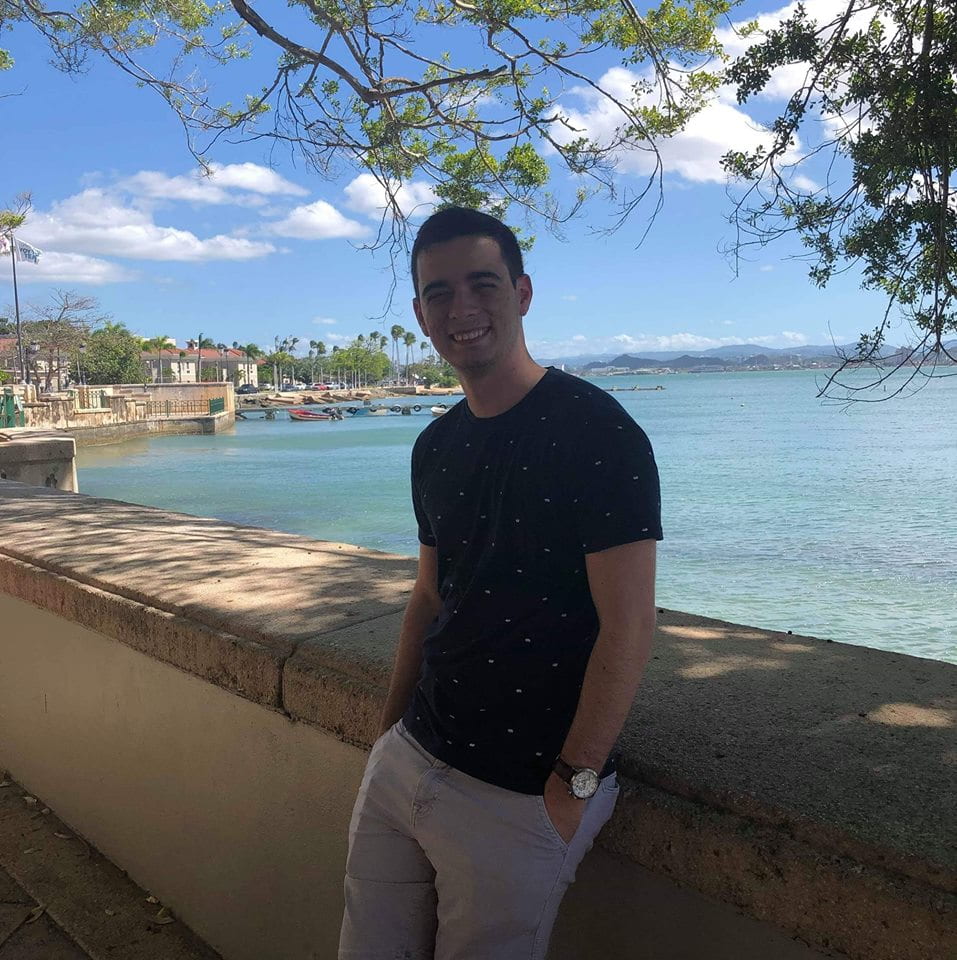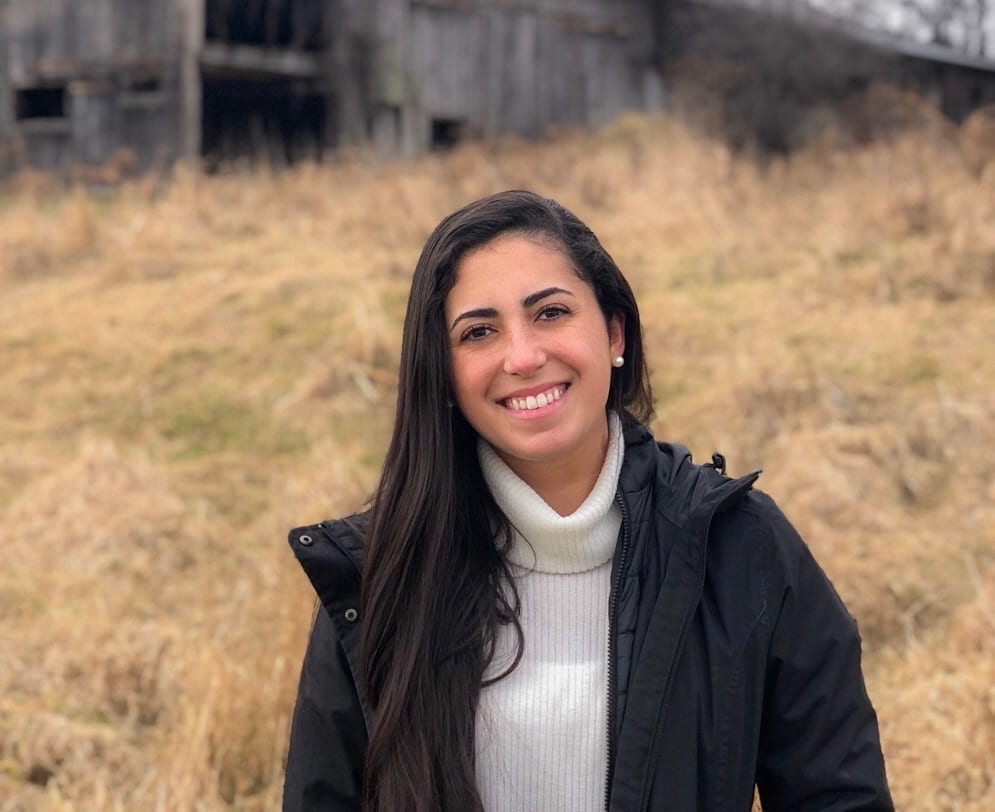Young Cuban-Americans watch as dramatic change takes hold of the island

By Irvin Zhang
BOSTON and HAVANA, Cuba — As they prepared for bed, “Breaking News” flashed across the TV: “Fidel Castro has died at 90.” Isabella Prio, a second-generation Cuban-American, was at her Miami home during Thanksgiving break from her junior year at Boston College when then-president of Cuba Raul Castro announced his brother’s death. Prio and her family drove down to Little Havana and joined the erupting celebrations.
On that warm November night in 2016, Miami’s iconic Calle Ocho became the venue for an impromptu parade. Thousands of Cubans marched, spraying celebratory champagne and chanting variations of “Viva Cuba” or “Cuba Libre” to the rhythm of the banging pots and pans.
“Literally everyone, every generation no matter the age, from little kids and families to grandparents showed up to Calle Ocho. That was the most powerful moment I’ve ever had in my life,” said Prio, the 23-year-old granddaughter of the last democratic president of Cuba, Carlos Prio Socarrás. Socarrás served from 1948 until 1952 when he was overthrown by a military coup d’état led by Cuban dictator Fulgencio Batista.
This moment reminded Prio of the hardships her family faced and the sacrifices made, from fleeing to Miami to her grandfather’s suicide in 1977 – what her family believes was an assassination. Prio said Castro’s death symbolized a monumental shift in Cuba’s volatile narrative and reignited her hope for a new chapter on the island.
Indeed, in the two and a half years since, dramatic change has not ceased in Cuba. From the hand-over of the presidency to a non-Castro, President Miguel Díaz-Canel, to the recently ratified new constitution that allows for the privatization of businesses and outlawing of LGBTQ+ discrimination, and even the introduction in December of island-wide internet service, Cuba is the midst of dramatic change. All of this is right in time for the 60-year anniversary of the 1959 armed Revolution led by Fidel, and the capital city’s 500-year birthday, set for celebration later this year.
As Cuba changes, so do the communities deeply invested in its future, particularly young Cubans and Cuban-Americans who are now two and three generations away from those who experienced the Revolution first hand. As they watch their homeland from afar, they are asking themselves questions about whether they would go back, and how they feel about a government that spurned their elders.
“If you talk to many people from my generation, they will tell you that they don’t have many opportunities and can’t grow professionally,” said Havana-native Osvy Rodriguez, who grew up in Minas, another rural Havana suburb on the far east side of the capital city. “I think that’s a sign of unhappiness within the people. If you see or stand in the line where Cubans get their food in the month, they don’t look very happy. They are angry, worried.”
After his second year at a Havana technological university, Rodriguez, now 24, said he realized he “had no future in Cuba,” that there wasn’t a feasible field for him to apply his engineering education and make a living. At 21, he left the island in search of better educational and professional opportunities, traveling through Ecuador and Mexico before eventually crossing the U.S.-Mexico border and asking for political asylum.
Now Rodriguez is a permanent resident in the U.S. and a second-year chemical engineering student at MIT, but returns to Havana every six months.

Muguira’s story starts three years ago, too, as he prepared for his senior year of high school. His parents abruptly told him to pack up everything and to not tell anyone for fear of the government preventing their departure. A week later, at 17 years old, Muguira and his family of four left for Spain on what he thought was a vacation but was a detour on their journey to the U.S. Through Spain’s Historical Memory Law they, like almost 500,000 other Latin Americans, were granted citizenship after successfully proving their Spanish ancestry.
Muguira enrolled at Miami Dade College where he graduated in 2018 with his associate’s degree and then headed north to Boston for the Massachusetts Institute of Technology. It’s been three years since he left his home, and when he reflects on his experience growing up in Cuba, he compares it to living a double life.
“If you’re outside your house, you need to be revolutionary and be the most patriotic ‘I love the Revolution, I love Castro’ person,” said Muguira, now a first-year computer science major at MIT. “When I go into my house, it was completely different. We complained a lot because it was bad.”
Muguira grew up in Arroyo Naranjo, a rural suburban municipality situated seven miles south of Old Havana. He described Cuban society as one rampant with poverty and inequality, one that in order to survive, you must outwardly support the regime. In reality, he said most young Cubans don’t agree with or support the Revolution.
“It’s more like, ‘OK, we live here. I don’t have anywhere else to go. If you want to survive here, you need to support the Revolution,’” Muguira said. “There are still people who think that that’s the best thing to happen to Cuba but as of right now, I’d say the majority say that in life to survive.”
Jose Buscaglia, a Northeastern professor and chair of the cultures, societies and global studies department with a specialty in Cuban culture, suggests this view is part of a larger undercurrent in modern Cuban society.
“There’s no question that that’s the norm,” Buscaglia said. “There is no Revolution in Cuba right now. The people who are in control are military. All the military people who are also businessmen, entrepreneurs, are really conservative people. They don’t want anything to change.” But, he says, the youth most assuredly do.
Buscaglia also identified a growing ideological divide within the Cuban-American community, most apparent in their views on U.S. policy toward Cuba. According to the latest 2018 Florida International University Cuba poll, Miami Cubans, a community known in the past for its hardline views, were split at 51 percent in favor of continuing the embargo, down from 66 percent in 2004.
In the same poll, year of migration and age were identified as dividing factors. Most significantly, Cubans over the age of 60 overwhelmingly support the embargo while those younger than 39 are mostly opposed to it, suggesting Miami Cubans are divided based on generational differences.
Growing up in Miami, Prio said the vast majority of the community used to be hardline against Castro’s Cuba and that “it was a given that everybody was aligned to the same opinions.” When she visits home now, she notices a shift, as many young Cubans hold softer stances.
“The younger folks are more open to ending the embargo as grandparents are passing away and people are veering away from the staunch loyalties they once had,” said Prio, who graduated in 2018 from Boston College and is now working as a software operations specialist for Mulesoft in New York City.
While Cuba continues to implement reforms, there is room for optimism for both Cuban-Americans and Cubans. While Prio acknowledges the harsh effects of the embargo on the Cuban people, she said she believes these latest changes, specifically the privatization of businesses, is because the embargo is forcing the Cuban government to evolve.
“I think we are moving in the right direction,” Prio said. “In a choked economy, the government was forced to that point. The thing is, there is no current solution. The embargo might not be the perfect answer but lifting the embargo and not doing anything won’t do anything either.”
